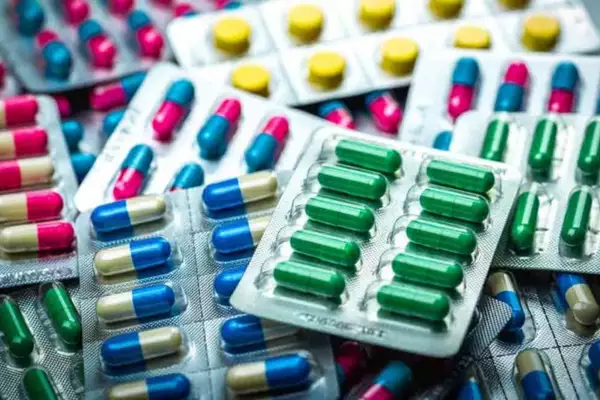In January 2024, Kerala’s Drugs Control Department launched Operation Amrith to tackle Antimicrobial Resistance (AMR) by regulating the sale of antibiotics.
About Operation Amrith:
- Operation Amrith (AMRITH – Antimicrobial Resistance Intervention For Total Health) was launched by Kerala’s Drugs Control Department to prevent antibiotic overuse.
- It aims to end the over-the-counter (OTC) sale of antibiotics in Kerala.
- Part of the larger Kerala Anti-Microbial Resistance Strategic Action Plan (KARSAP).
Regulatory Measures:
- Pharmacies are required to keep accurate sales records of antibiotics.
- Mandatory display of notices stating antibiotics are not sold without a doctor’s prescription.
- Strict action against non-compliant pharmacies and medical stores.
Public Participation and Reporting:
- The public is encouraged to report pharmacies selling antibiotics without a prescription.
- Toll-free number (18004253182) provided for lodging complaints.
- Complaints are to be verified by corresponding zonal offices for prompt action.
Government Initiatives and Partnerships:
- Kerala, the first Indian state with an action plan on AMR (KARSAP) since 2018.
- Aligned with India’s National Action Plan on AMR, addressing human, animal, and environmental aspects.
- Collaboration with the Centre for Science and Environment for AMR containment.
- Establishment of block-level AMR Committees in all 191 blocks in 2023.
Awareness and Surveillance Programs:
- Antibiotic Literate Kerala Campaign to raise AMR awareness.
- Kerala Antimicrobial Resistance Surveillance Network (KARS-NET) launched for human use surveillance.
- AMR laboratory established by Kerala State Pollution Control Board for environmental monitoring.
Disposal of Unused Antibiotics:
- Programme on Removal of Unused Drugs (PROUD) initiated for proper antibiotic disposal.
Global and Health Implications of AMR:
- AMR, a ‘silent pandemic’, caused approximately five million deaths globally in 2019.
- World Bank’s projection of increased healthcare costs due to AMR, reaching $1.2 trillion annually by 2050.
- Potential loss of 3.8% of global annual GDP by 2050 due to AMR.
Health Department’s Additional Measures:
- Goal to stop OTC sale of antibiotics without prescriptions by the end of 2024.
- Plans to educate the medical fraternity on the dangers of AMR.
- Emphasis on public awareness about proper use of antibiotics.
Ref: Source
| UPSC IAS Preparation Resources | |
| Current Affairs Analysis | Topperspedia |
| GS Shots | Simply Explained |
| Daily Flash Cards | Daily Quiz |



